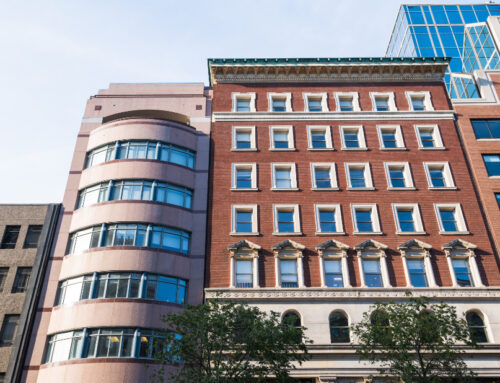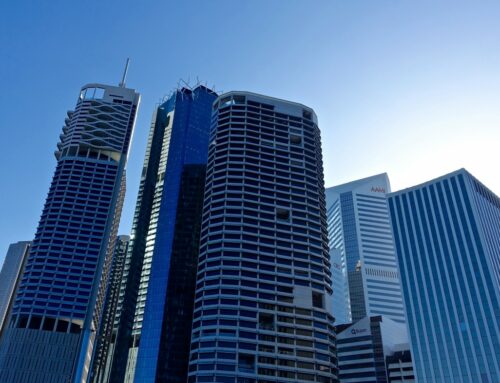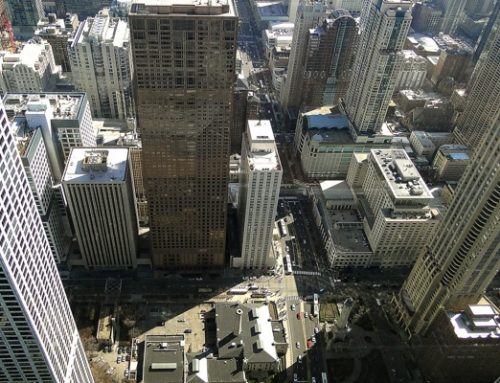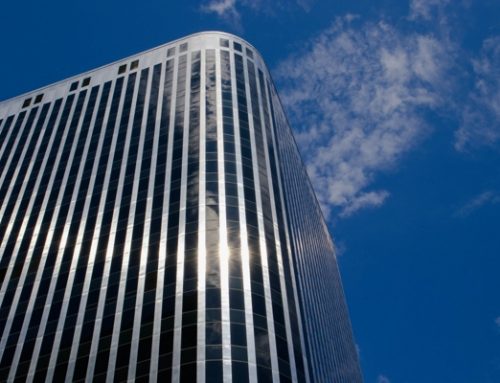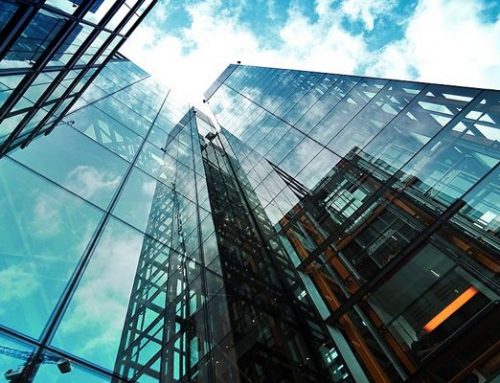Whether we admit it or not, the cost is one of the most important considerations when choosing among the types of roofing materials for flat roofs. People work hard to save money and grow their respective businesses. Hence, we, at Cox Roofing, understand the value of finding a choice that’s both high performing and affordable.
Great news for our Toronto ON readers…
Did you know that you don’t have to sacrifice quality when prioritizing cost? Yes, it’s true. You can get the best of both worlds. How? There are commercial flat roof materials that are cost-effective yet totally reliable in terms of the performance.
Related: Are Flat Roofs More Expensive? (What Toronto Business Owners Should Expect)
In this blog post, we’ll give you an overview of the flat roof materials prices. We have ranked them according to their pricing range to make sure that you’ll find something that will fit your budget.
Without further ado, let’s get to it…
Top 4 Cost-Effective Flat Roofing Solutions
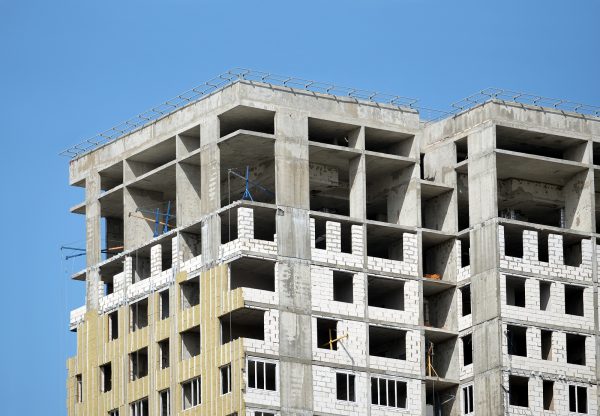
The process of choosing the right flat roofing material should be done carefully. Sit down with a reputable roofing company to know what your options are.
We listed below flat roof systems that are on the affordable side. Get to know them one-by-one along with their pros and cons. This list aims to give Toronto ON business owners the chance to narrow down their decisions. However, before you come up with a final decision, consult a trusted commercial roofing contractor to know if this particular roofing system is appropriate in your location as well as the size of the building.
#1 – Spray-on Roofing
First on the list of the most cost-effective types of roofing materials for flat roofs is what we call spray-on roofing. It is made from a polyurethane foam material that has a high level of R-value. Cost may vary but it ranges from as low as $3 up to $6 per square foot or more depending on the labor requirements. Spray polyurethane foam or SPF is applied in liquid form but it creates a foam that expands to cover the surface. The main benefits of SPF include excellent energy efficiency of up to 30% utility savings and water-resistance. You can use SPF for a wide range of flat roofing systems such as metal, EPDM, BUR, modified bitumen, and more. It can last for up to 30 years and can help prolong the life of your existing commercial roof.
Some of its disadvantages include the complicated installation process. Only experts should handle SPF as there are special procedures done in order to apply it correctly. It may also require re-coating after several years but this is due to normal circumstances like daily wear and tear.
SPF is also used for other purposes like insulation of walls, ceilings, and attics, as well as cold storage facilities with freezers and walk-in coolers.
#2 – Modified Bitumen
Modified bitumen is considered one of the traditional types of roofing materials for flat roofs. Cost starts at $3 to $4 per square foot and could go up to only $6. It’s called modified as there are several elements combined to form the compound. Asphalt is mixed with fiberglass along with other modifiers. It is available in rolls that are applied using hot and cold techniques. One of its strengths includes superior durability. As a matter of fact, it can reach up to 50 years. People still go for modified bitumen as it can provide excellent waterproofing capabilities along with resistance to weather, shock, heat, and moisture.

Modified bitumen comes in rolls that can be applied using a blow-torch.
In terms of the drawbacks, it’s notable that modified bitumen can only last anytime between 10 to 20 years. Ultimately, regular maintenance is important to prolong and maximize the use of any commercial roofing. Another disadvantage is the color limitation. It comes in black that doesn’t have much reflectance capabilities. Professional roofing contractors may recommend adding roof coatings on the outer surface to make it more energy efficient. It could also be difficult and hazardous to install, hence, only experienced roofers should handle the procedure.
#3 – EPDM
If you are looking for types of roofing materials for flat roofs that are affordable yet high performing, you might want to check out EPDM. Rubber or EPDM is a single-ply roofing membrane that is attached to the surface. The thickness may vary from 30 to 34 mils or more. When it comes to cost, it is also on the cost-effective side prices start at $4 per square foot up to around $7. Some suppliers may offer it at a more lower cost so make sure to discuss your budget with a trusted roofing commercial roofing partner.
EPDM may be affordable but it has some promising qualities. For instance, it can withstand even the harshest weather conditions like snowstorms, tornadoes, hurricanes, hailstorms, and more. It is also fire-resistant which adds up to your peace of mind. Another great thing about EPDM is that it is lightweight and easy to install which helps owners lower the labor costs. Furthermore, it is also easy to repair and long lasting for it can reach up to 40 years.
We’re not yet done with the positive qualities. EPDM is also a great eco-friendly alternative. The material is recyclable so when it reaches the end of its lifecycle, it doesn’t end up lying around in landfills.
If you are 100% sure about EPDM, there are things that you also have to be aware of. For one, it could be prone to punctures given the malleability of the material. Improper installation and other external threats may also cause leaks.
#4 – TPO
TPO or thermoplastic polyolefin is also part of the most affordable types of roofing materials for flat roofs. Cost starts at $5 per square foot and could reach up to around $8. It is a single-ply roofing membrane used for flat roofs construction. The best thing about it is that it is highly flexible. It can adjust to the size and shape of your building. Experts say that it could be tougher than EPDM even if they are both synthetic materials. It can also resist impacts, punctures, and other potential damages.
If you’re worried about molds and fungi, TPO is the solution. It is completely waterproof, thus, plants cannot thrive on its surface. Even the harshest chemicals wouldn’t damage a TPO commercial roofing. Aside from these good qualities, it is also environment-friendly because just like an EPDM, it is 100% recyclable. It is also a lightweight and easy to install roofing system.
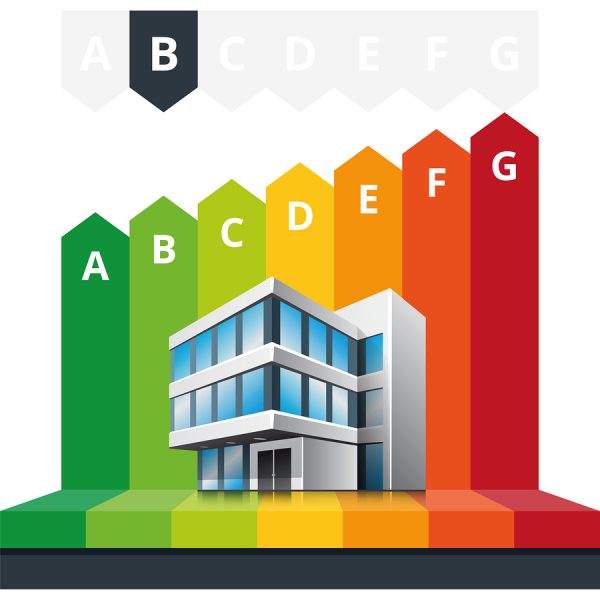
TPO is an energy efficient roofing for it can effectively reflect UV rays coming from the sun.
TPO is an energy efficient roofing. It can reflect UV ray rather than absorbing it which helps cool down the building even during hotter months. The lesser you consume electricity from the use of air conditioning units, the more savings you’ll get out of it.
Conclusion
Keep in mind that it’s okay to consider the cost when choosing among the types of roofing materials for flat roofs. Some people may feel hesitant thinking that cost will affect the quality and performance negatively. This isn’t the case because as we’ve discussed in this post, there are roofing materials that are affordable yet powerful in terms of their characteristics.
You have to remember that no flat roofing material is perfect. There will always be disadvantages that you need to carefully assess at the onset. To give you more insights about a certain product and to know if it matches your priorities, talk to a roofing contractor that has ample industry experience.
Start the conversation today by reaching out to the Cox Roofing team. Call us today and receive a free consultation: 877-264-6983.

